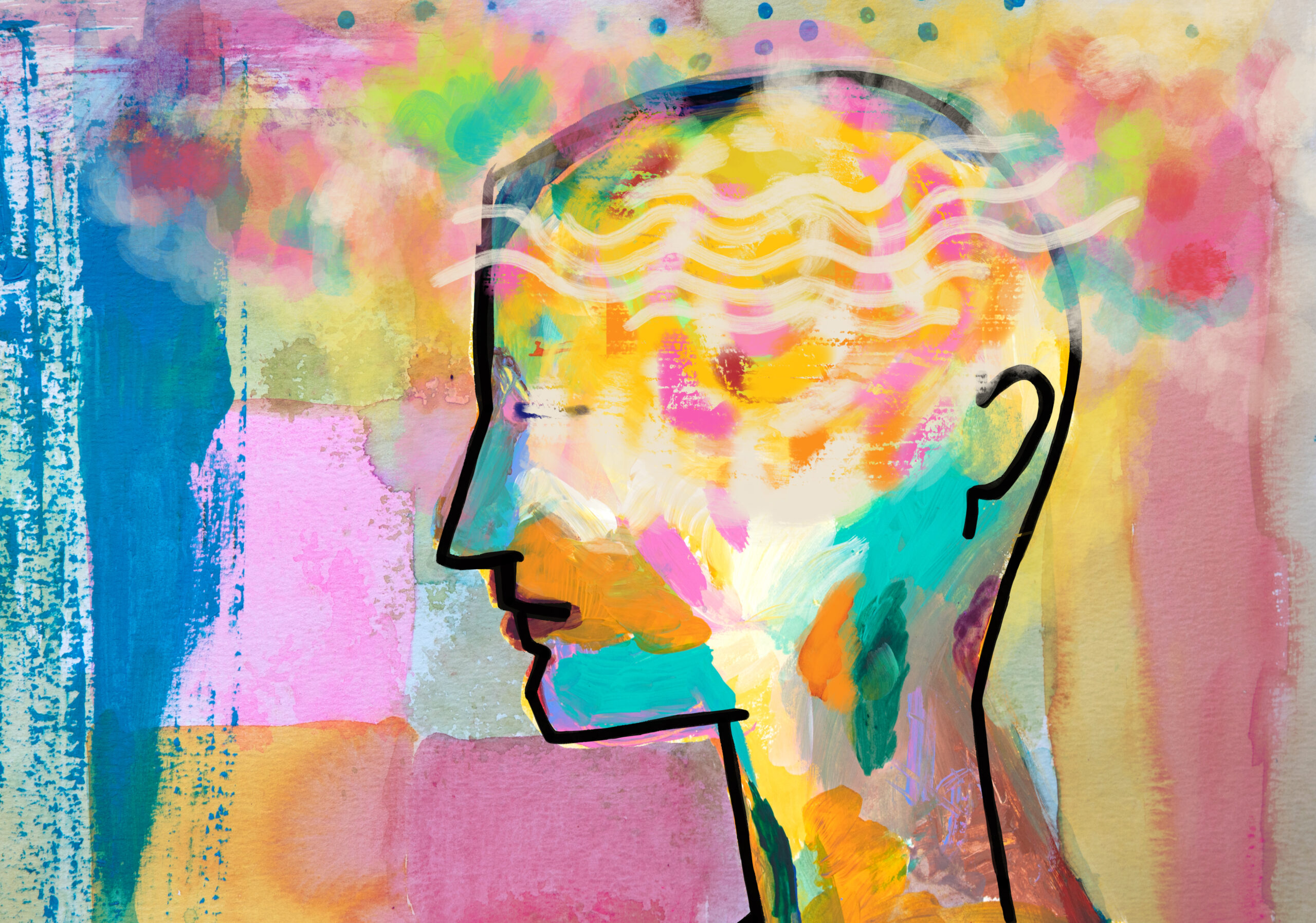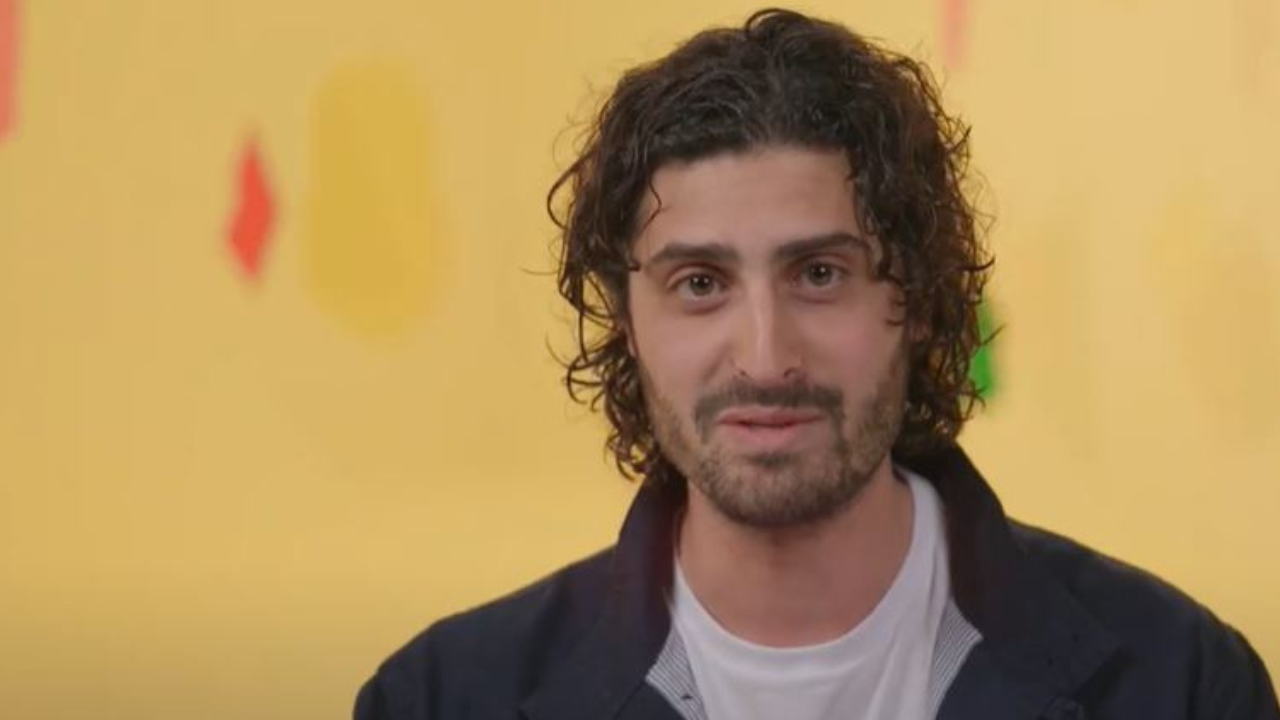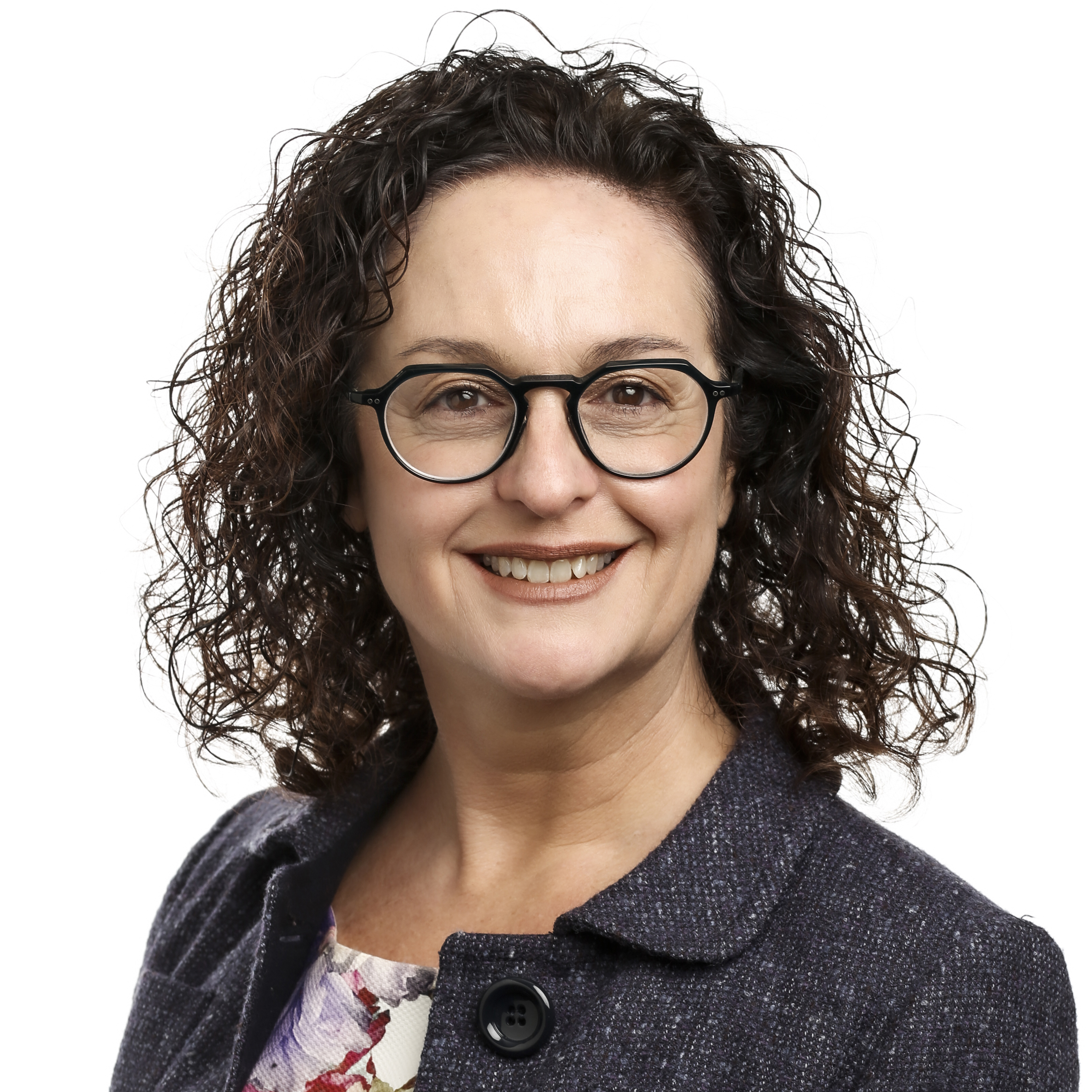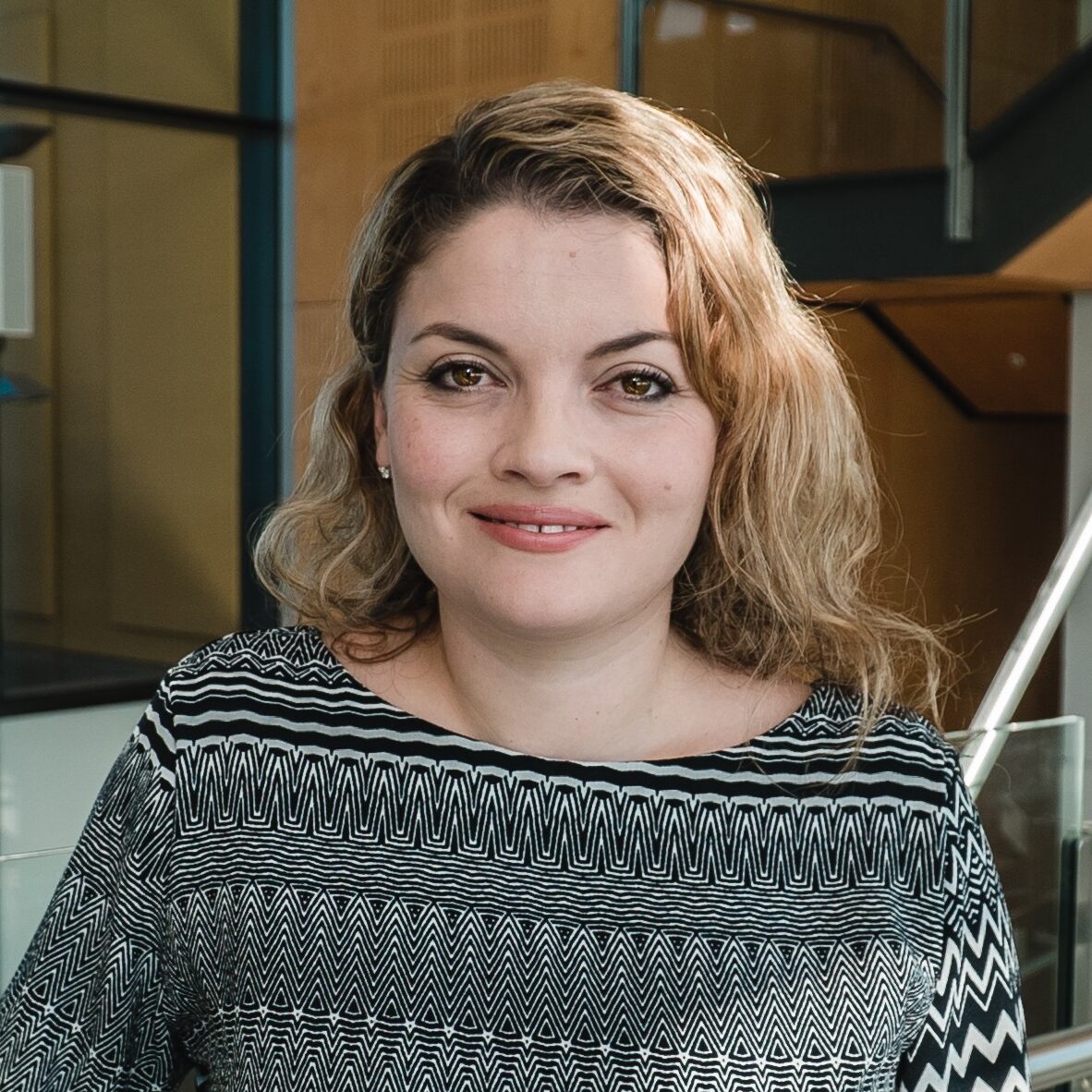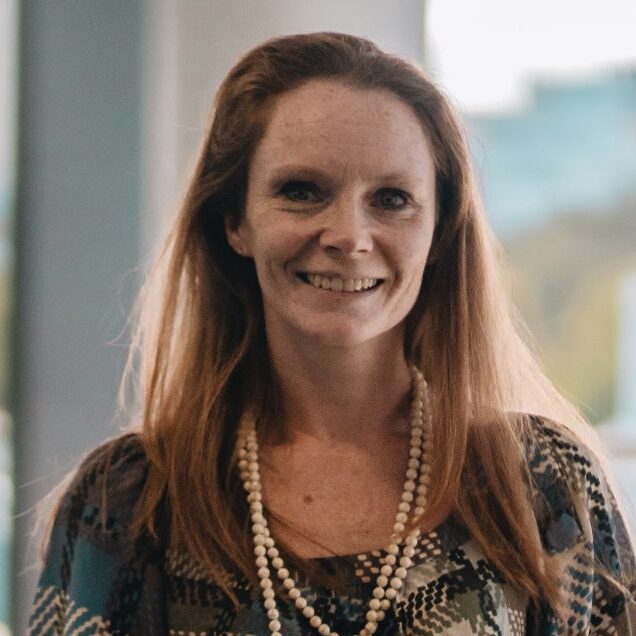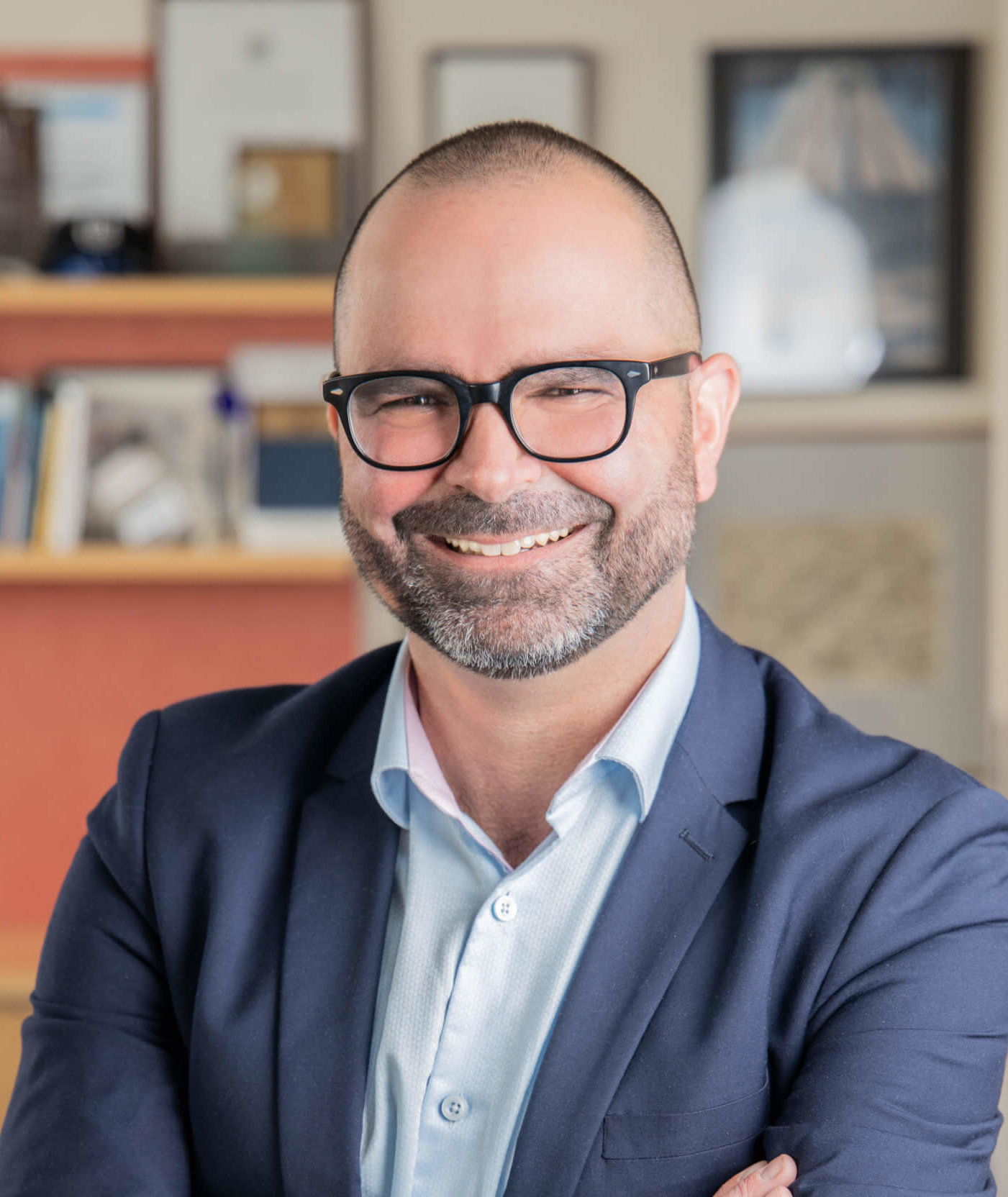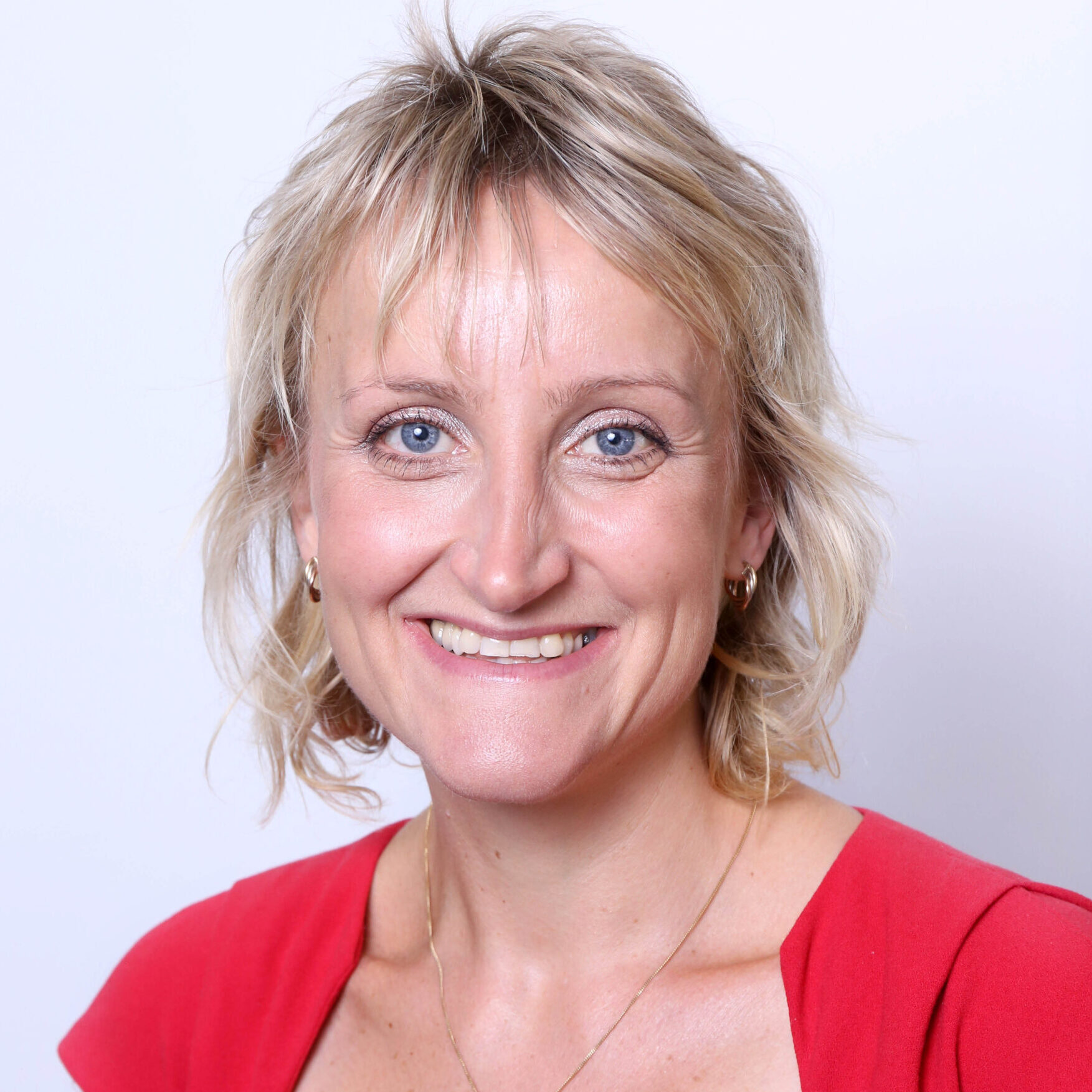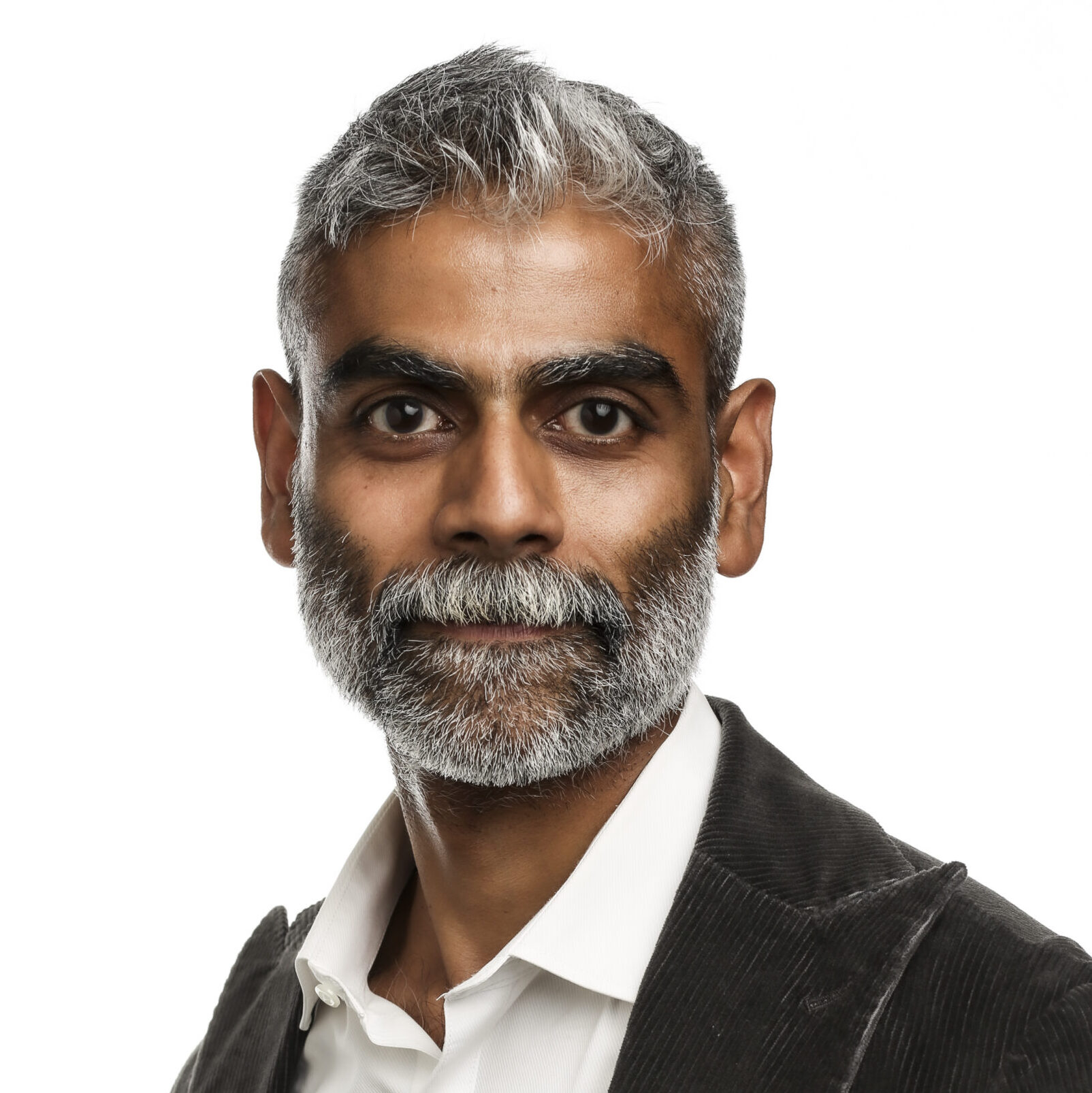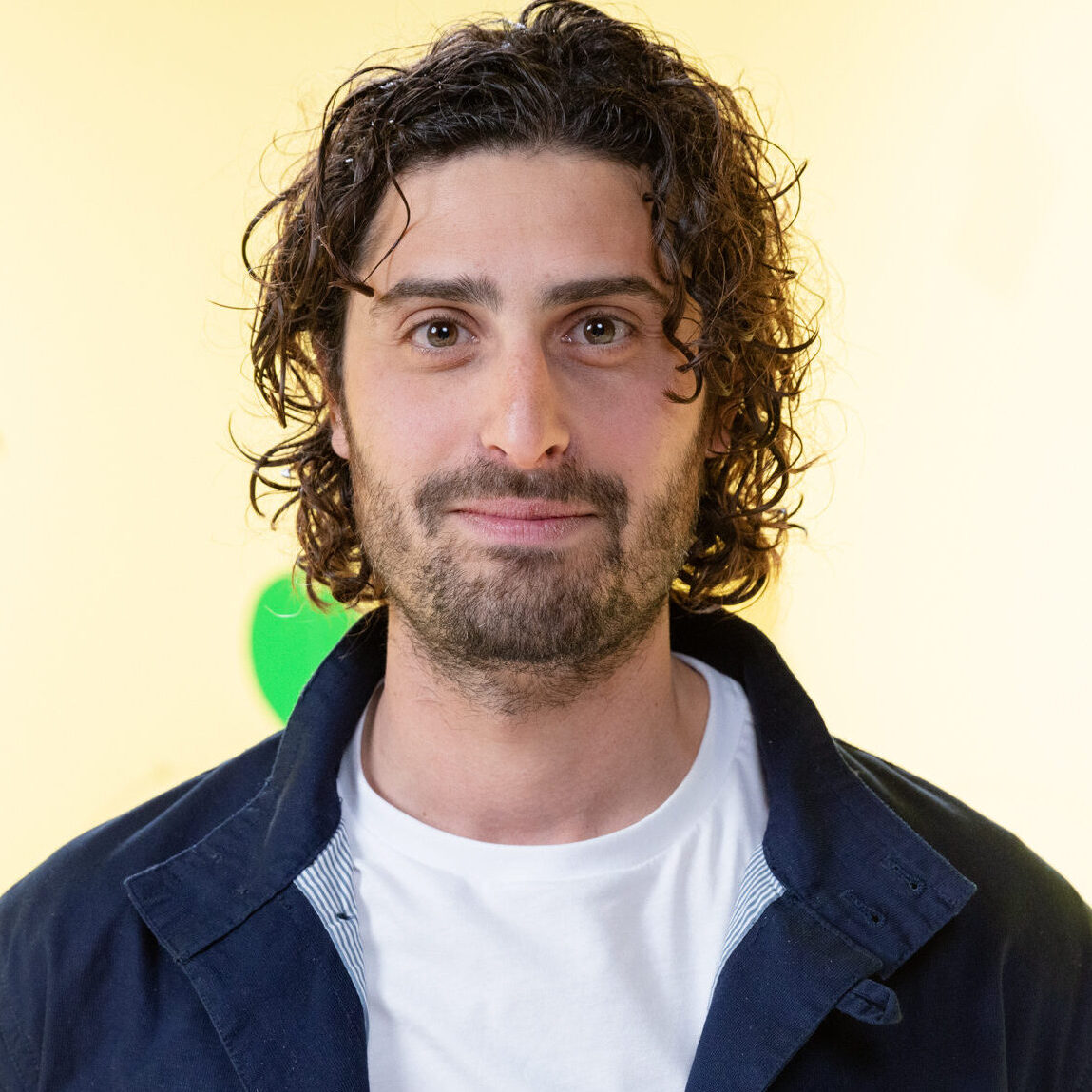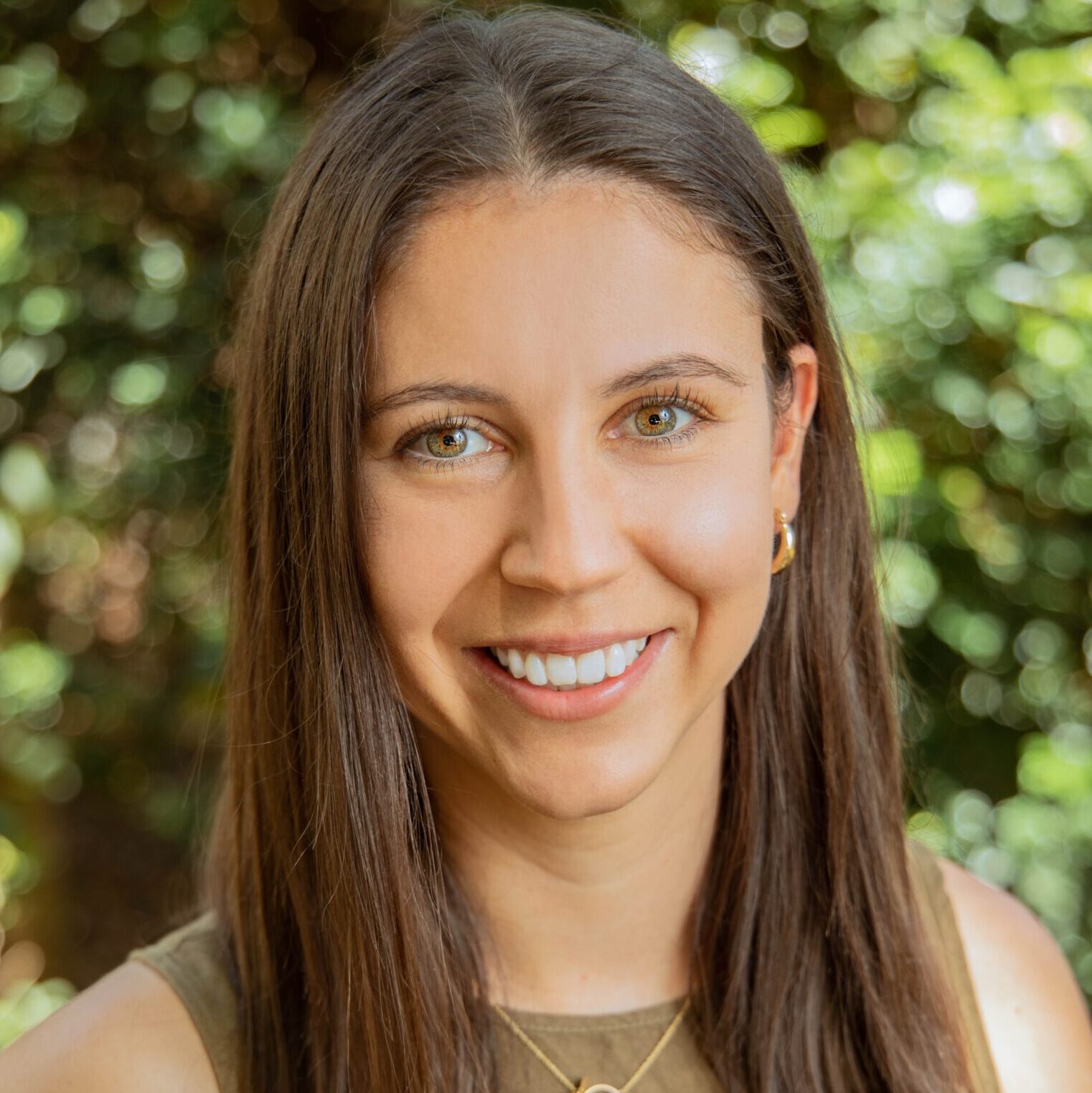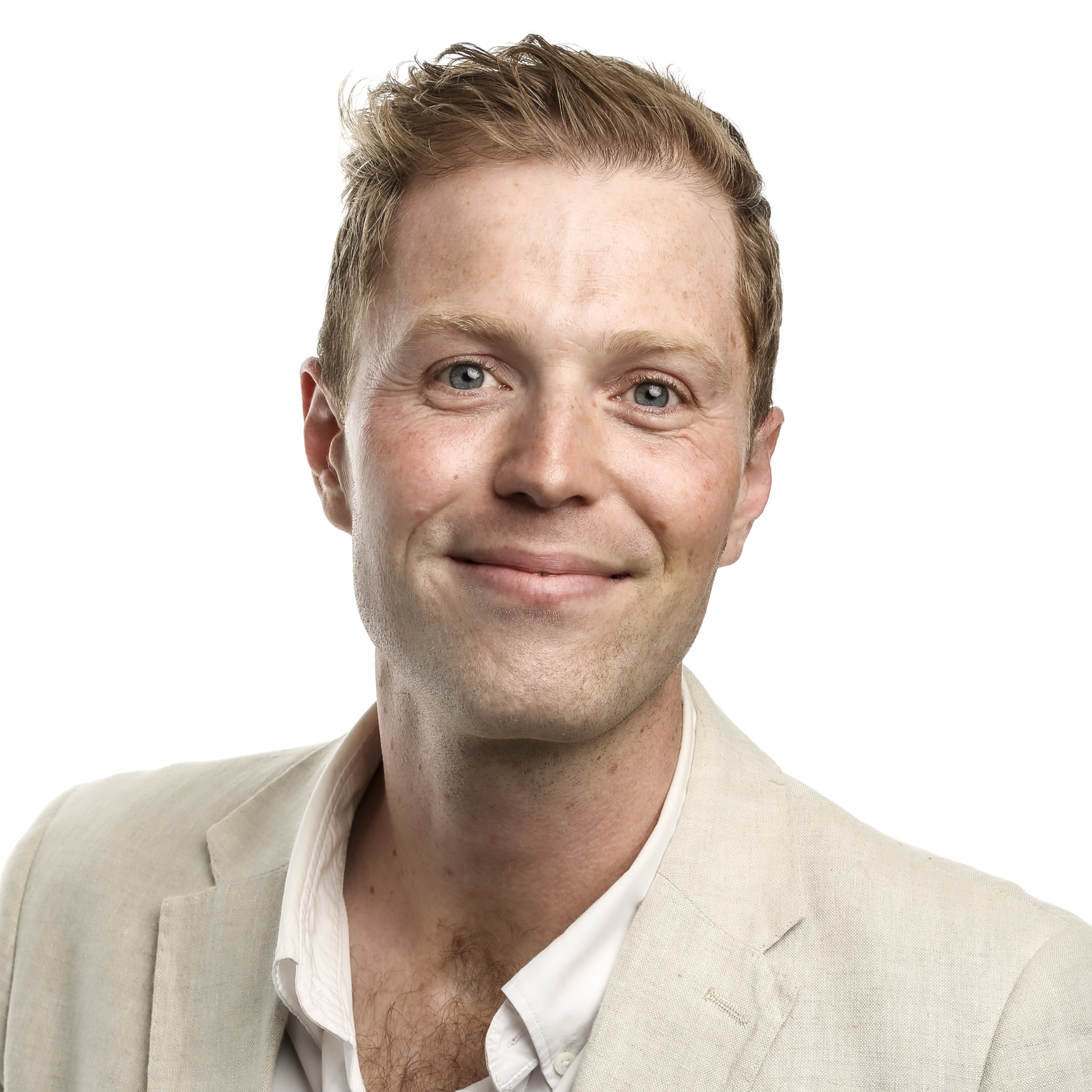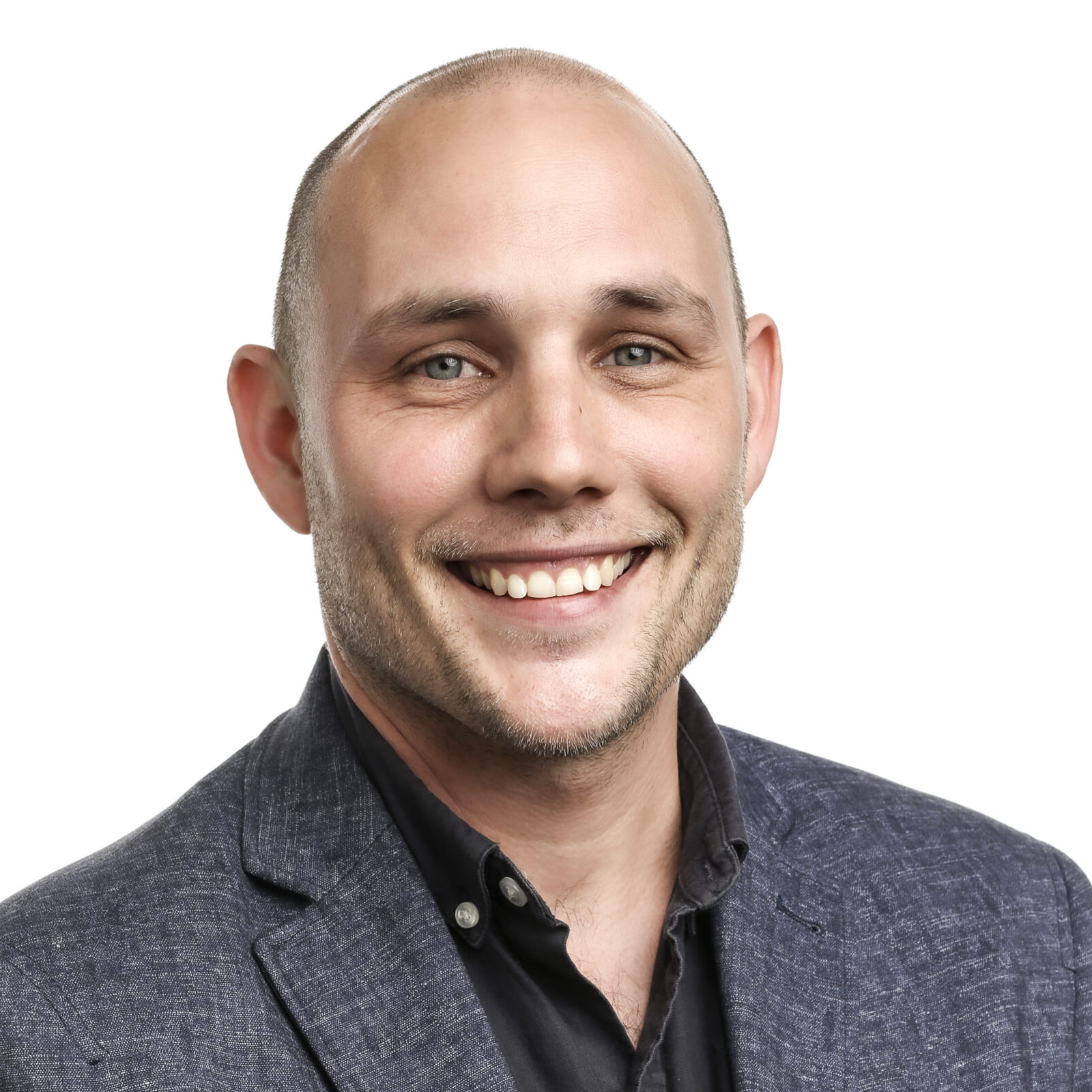An urgent challenge
Mental health disorders are extremely common, affecting one in five people every year and about half of us during our lifetime. The impact is immense: they are the second-biggest contributor to poor health and disability in Australia and usually start in childhood or early adulthood.
Mindgardens focuses on mental health research that makes a tangible difference. Current projects include new approaches to mental health medication and improving early intervention for children with obsessive compulsive disorder (OCD).
In this video, Associate Professor Simon Rosenbaum describes the mental health benefits of exercise in the Addi Moves program.
Statistics
1/5
people have had a mental health condition, including depression or anxiety, in the last year
14%
of children and adolescents (ages 4–17) experience a mental disorder
3%
of adults experience more than one mental disorder in a year
3%
of people experience psychosis
Services
Mindgardens Clinic for Depression
People receiving care at the Black Dog Institute are invited to participate in a Care Navigation Trial which helps people living with more complex depression to benefit from comprehensive, coordinated support.
Mindgardens Clinic for Depression
Keeping the Body in Mind: Primary Care
A free exercise physiology and dietitian service for people with complex mental health conditions receiving care from GPs and other primary care providers.
Keeping the Body in Mind: Primary Care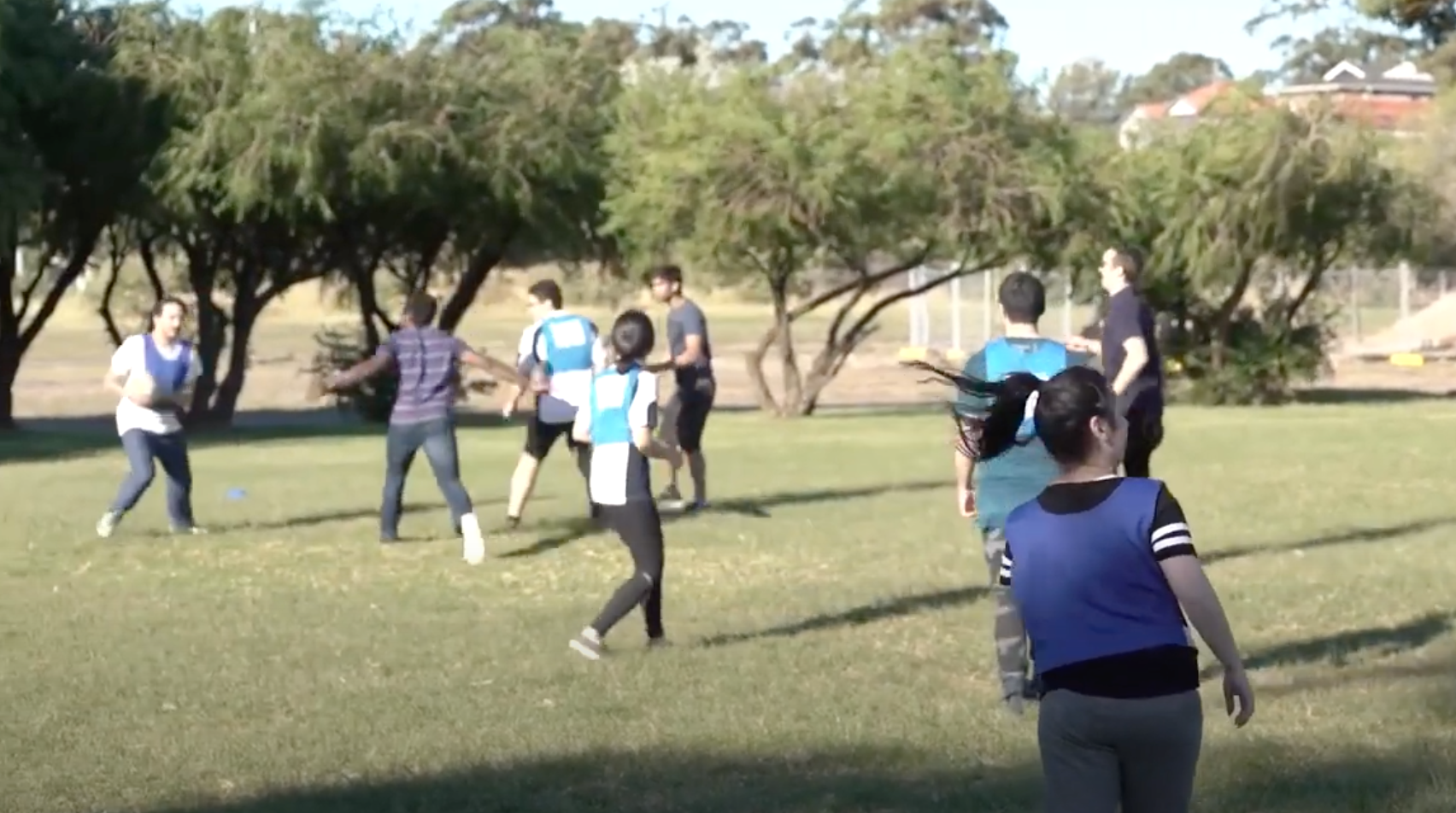
Addi Moves: Exercise for People from Refugee & Asylum Seeking Backgrounds
An inclusive exercise facility to support people from refugee and asylum seeking backgrounds mental and physical health at the Addison Road Community Centre.
Addi Moves: Exercise for People from Refugee and Asylum Seeking Backgrounds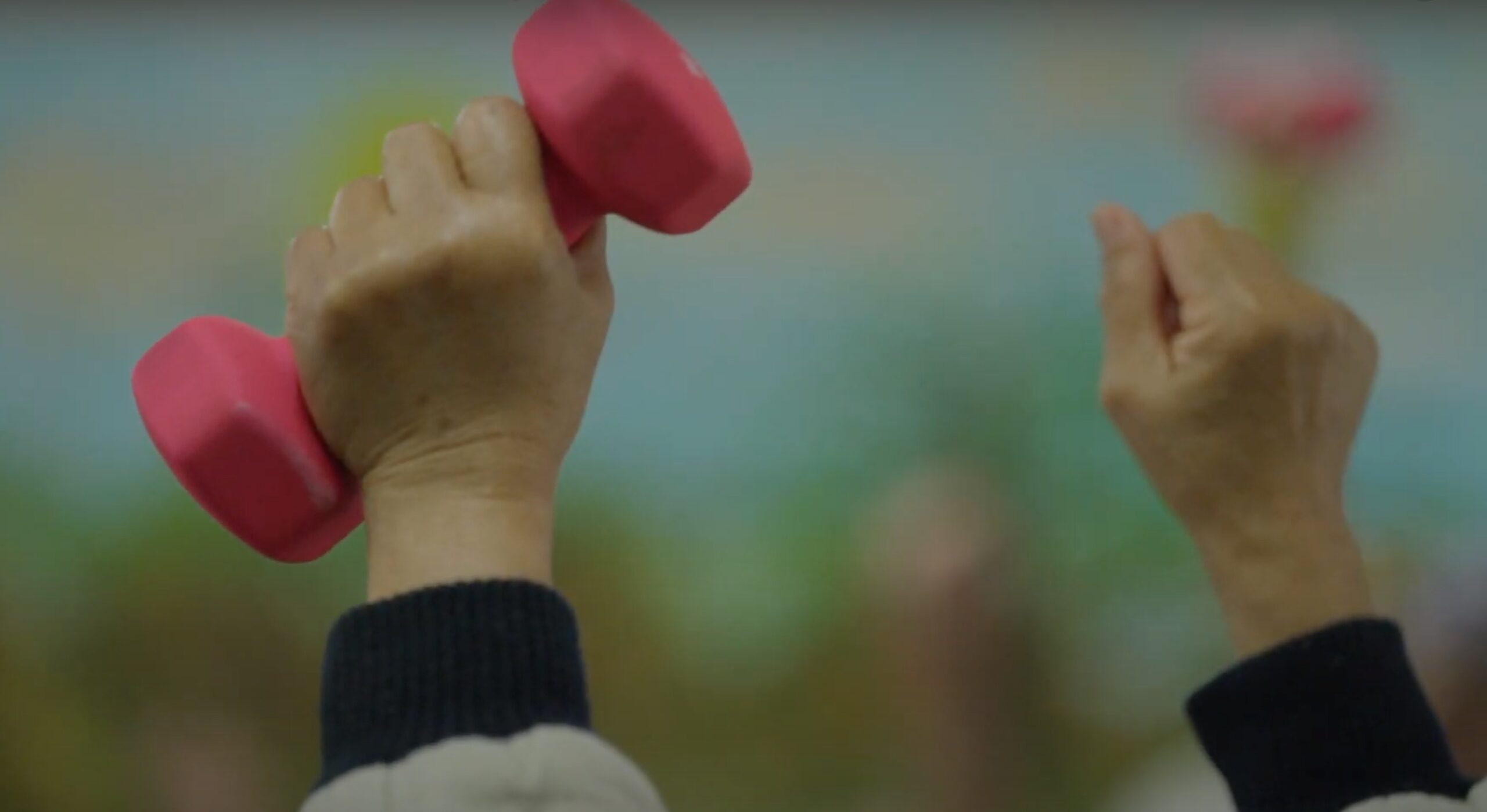
Stories of Change
How MindLabs contributes
Advocacy for system change
Connecting clinicians, consumers and researchers
Optimising the research agenda
Building clinicians’ research skills
Enhancing lived experience engagement in mental healthcare reform
Researchers
Mindgardens Clinic for Depression
SHAPE: Support for Health Anxiety at the Prince of Wales Hospital – An Exploratory Study
OCD BOUNCE – Building community-based treatment capacity for children and young people across NSW
Depression & Pain Treatment
INTERACTION: Intergenerational clinical trial in at risk older adults and pre-school children
Measuring and Improving Wellbeing
Brings together the strengths of four founding organisations

